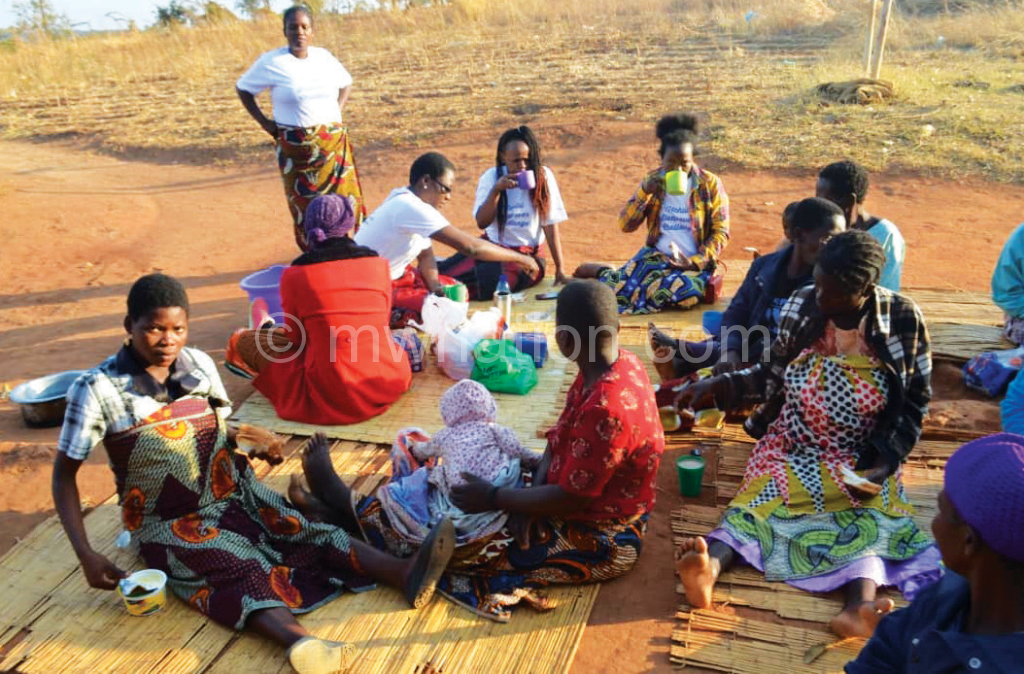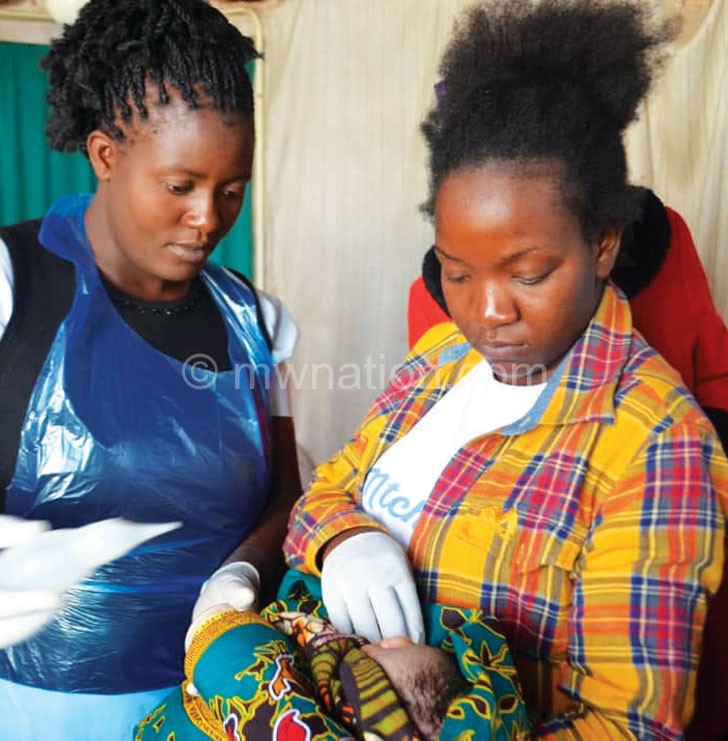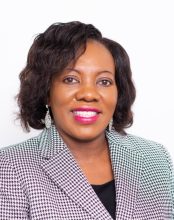Torchlight deliveries at Mkhuzi stun women lawyers
Without electricity, enough human resources and basic needs, Mkhuzi Health Centre in Ntchisi seems to be one of the miracle health facilities, where one simply call the births that happen at the centre ‘grace’.
Located 30 kilometres from the district hospital, though near physically, the Mkhuzi Health Centre is far from its referral because of lack of telecommunication network and access road. It takes over two hours for the district team to respond to request for referral because the district hospital only has one functional ambulance.

Five members of the Women Lawyers Association of Malawi—Chisomo Kaufulu Kumwenda, Sally Mtambo, Tiwonge Simkonda, Bernadetta Malunga and Hilda Soko, and Madalitso Chimwaza from Women Judges Association—had their chance to share problems women and health workers face in Ntchisi during a sleepover at Mkhuzi Health Centre Friday night.
The six have since described the situation at Mkhuzi as ‘pathetic’, saying there is need for increased advocacy for better health services, and also a need for government to look into the recruitment of staff to beef up the one in the health centres and various hospitals.
Leader of the delegation, Kaufulu-Kumwenda, who is also secretary for the women lawyers said: “What happens here is something else. The births just happen by grace; there is no electricity, not because of blackouts, but because there is no electricity. It is sad to notice that we complain of blackouts for domestic purposes while here they don’t even have electricity to save lives. Something has to be done.”
She said it is worse to expectant mothers who are not well-to-do, to be told to bring torches at the hospital, and the irony of giving birth using a phone torch, if one fails to bring one, is bad.

“On top of that, we have also learnt that there is only one nurse working round the clock in the antenatal. This is sad. How can one work like that? What if there are three women in labour at once?”
Twenty-nine-year-old Msanide Kaphisi, the midwife at Mkhuzi Health Centre, said electricity is a major problem, and delivering women in the dark is the worst experience.
“We sometimes have to use phones to make sure that babies are born normally, it’s a challenge but we do it. We don’t have any other option. On average, there are three births in 24 hours,” she said.
Before going to Mkhuzi, the team held a legal clinic at the district hospital where, among others, they discovered that the district introduced by-laws for women to go and wait for delivery at hospitals in their eighth month, and if they fail to do so they are fined K15 000.
This, according to the team, is difficult to implement because there are a few staff members to assist expectant women. And, on top of that, while the antenatal ward has bed space for 35, sometimes the facility receives up to 100 women, forcing others to sleep on the floor.
Ntchisi district health office covers a catchment of 5 6437 with 11 stallite health centres. The district has 1 2981 women in child-bearing age and, annually, 2 822 mothers are expected to be pregnant, with the likelihood of 423 of them having complications during birth.
Through Mother’s Fun Run, started 15 years ago, NPL mobilises partners and well-wishers to raise funds and awareness towards improving safe motherhood in the country’s public health facilities. Ntchisi District Hospital will be the beneficiary of this year’s Fun Run slated for October 8.
During the sleepover, the six women from the legal fraternity donated food stuffs and clothes to expectant mothers and newly born babies. They also gave starter-pack vouchers to expectant and postnatal mothers.
Currently, the country registers 574 maternal deaths per 100 000 live births.





